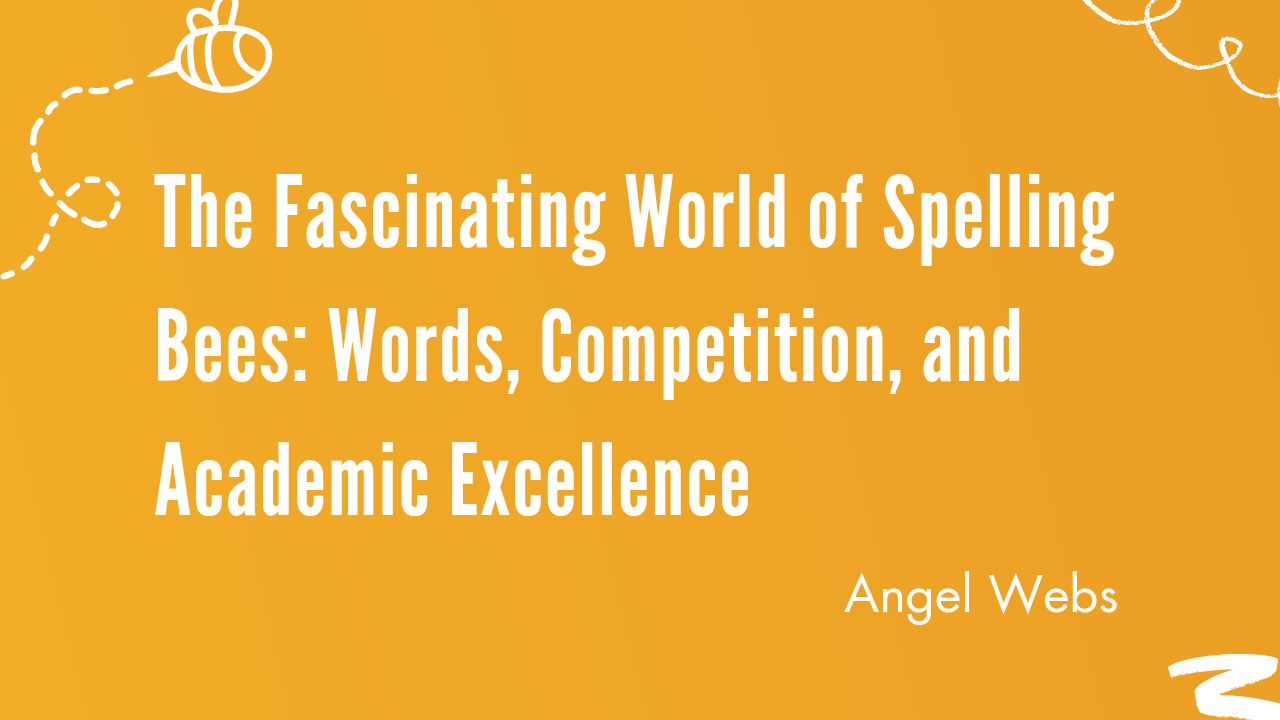The Fascinating World of Spelling Bees: Words, Competition, and Academic Excellence
Spelling bees have captured the hearts and minds of students, educators, and language enthusiasts around the world. These captivating competitions showcase the remarkable skill of young spellers as they navigate a sea of challenging words. In this article, we delve into the world of spelling bees, exploring their origins, rules, and the impact they have on participants. From academic achievement to personal growth, spelling bees have become a celebrated tradition that celebrates language mastery.
1. The Spelling Bee Phenomenon:
The New York Times offers an intriguing look at the popularity of spelling bees with its Spelling Bee puzzles. These engaging word games challenge players to uncover as many words as possible using a set of given letters. The interactive experience allows individuals to test their spelling prowess and immerse themselves in the excitement of wordplay.
2. Spelling Bee: A Historical Perspective:
Wikipedia provides a comprehensive overview of spelling bees, tracing their roots back to the 18th century. The article explores the evolution of spelling bees from informal contests to formal competitions, highlighting the cultural significance of these events. It also discusses the National Spelling Bee in the United States, which has gained immense popularity and recognition.
3. Spelling Bee Resources for Educators:
Twinkl Teaching Wiki offers valuable resources for educators to enhance spelling bee activities in the classroom. The platform provides a range of worksheets, games, and lesson plans designed to promote vocabulary building and spelling skills. These resources help teachers create engaging learning experiences that foster a love for language and encourage students to excel in spelling.
4. Spelling Bee: A Linguistic Endeavor:
Britannica explores the linguistic aspects of spelling bees, emphasizing the connection between language, spelling, and cognitive development. The article delves into the complexity of the English language, which presents numerous challenges for spellers. It also highlights the benefits of participating in spelling bees, such as improved vocabulary, critical thinking, and enhanced communication skills.
5. Spelling Bee: Nurturing Future Wordsmiths:
The Spelling Bee of Canada website showcases the impact of spelling bees on young participants. It highlights the organization's commitment to promoting literacy and providing a platform for students to showcase their spelling talents. The article discusses the rigorous preparation process, the joy of competition, and the lifelong skills and confidence gained through participation in spelling bees.
Conclusion:
Spelling bees are more than just competitions; they represent a celebration of language, dedication, and academic excellence. From the engaging word puzzles offered by The New York Times to the rich history and cultural significance explored by Wikipedia, spelling bees captivate learners of all ages. Educators can tap into the resources provided by platforms like Twinkl to create dynamic and interactive spelling bee experiences in the classroom. The linguistic complexities discussed in Britannica highlight the intellectual rigor and personal growth that come with participating in spelling bees. Finally, organizations like the Spelling Bee of Canada provide invaluable opportunities for young wordsmiths to shine and foster a lifelong love for language.
Spelling bees continue to inspire and challenge students worldwide, showcasing their linguistic abilities and nurturing their passion for words. Whether you're a participant, educator, or language enthusiast, the world of spelling bees invites you to embark on an extraordinary journey of language mastery and personal growth.



No comments:
Post a Comment